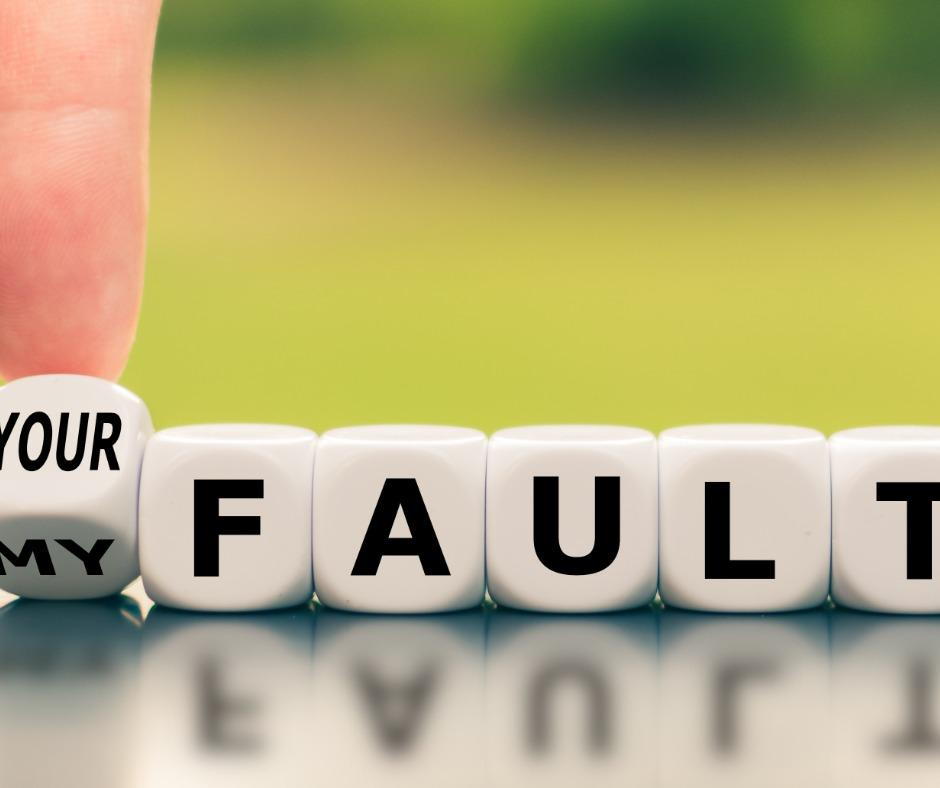Marriage and the Blame Game
There is a joke that captures many problems experienced by couples during an argument. A man complained to his therapist that his wife was awful and that he had a bad marriage. The therapist told him it's not just his wife's fault; he has to look more profound because it takes two people to create a toxic relationship. The patient cried out, "I knew it! It's the fault of both her and her mother!"
Relationships and The Role of Mutual Blame
What is essential to understand about mutual blame is that it never works. During an argument, couples blame one another for mistakes made in the present time to those from many years ago. Usually, in an argument, a couple engages in the process of mutual blame. Once that happens couple becomes defensive and angrier than at the start. Being told you are to blame for something is being told you are incompetent, at fault, and lacking. No one wants to feel backed into a corner and forced to confess to being wrong.
Because everyone's pride and ego are involved, it becomes necessary to prove the other person wrong and then blame them. Even knowing they are to blame for something, a partner will deny they are responsible. He probably was asked to buy a milk container in the case above. However, because they were amid an argument, he probably denied that he had forgotten and blamed her.
The nature of relationships is such that everyone is at fault because everyone contributes to the problem. People in a relationship impact each other in dozens of ways. That they affect one another provides an easy reason to engage in blame. In reality, it is rare anyone is totally to blame for many things.
Intimate relating means that interactions are going on between two people who have a history and a future together. Interaction does not mean that one partner caused something to happen to the other. Each individual handles their behaviors separate from the other. For example, if I had a bad day, it does not mean that my partner caused it. Another example might be that "I withdraw from interacting because of your criticisms" means, "I feel like I want to withdraw when I hear criticism."
An age-old example is "you gave me a headache." In reality, I have a headache." Why blame it on another person?
In the end, it is better, when in a conflict, to find solutions to the disagreement. Sometimes it is as simple as finding a better way to phrase things. Communication means listening first and then responding in non-defensive ways. For example, using the pronoun "I" when speaking is far better than the accusatory "you." Also, "why," as in "why do you," is accusatory. It sounds much better to say, "I am so angry that I got laid off that I want to blame everyone." Another example is to say, "I wish we could find a solution that you would find acceptable. The choice of words is always important.
In a permanent relationship, the goal should not be to win an argument at the other person's expense, not if you value that person. In close relations, winning an argument can mean losing the relationship.
Rather than blame, find solutions.
Self Awareness:
Self-awareness means that each partner in the intimate relationship believes that a problem is a combination of "some things I did wrong" and "some stuff you did wrong."
Self-awareness means the couple can catch themselves as they fight back or run away and try again to listen to the feedback with an open heart.
Contact Dr. Schwartz for a consultation. Email at: [email protected]

